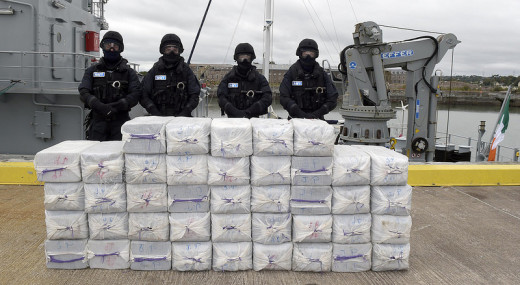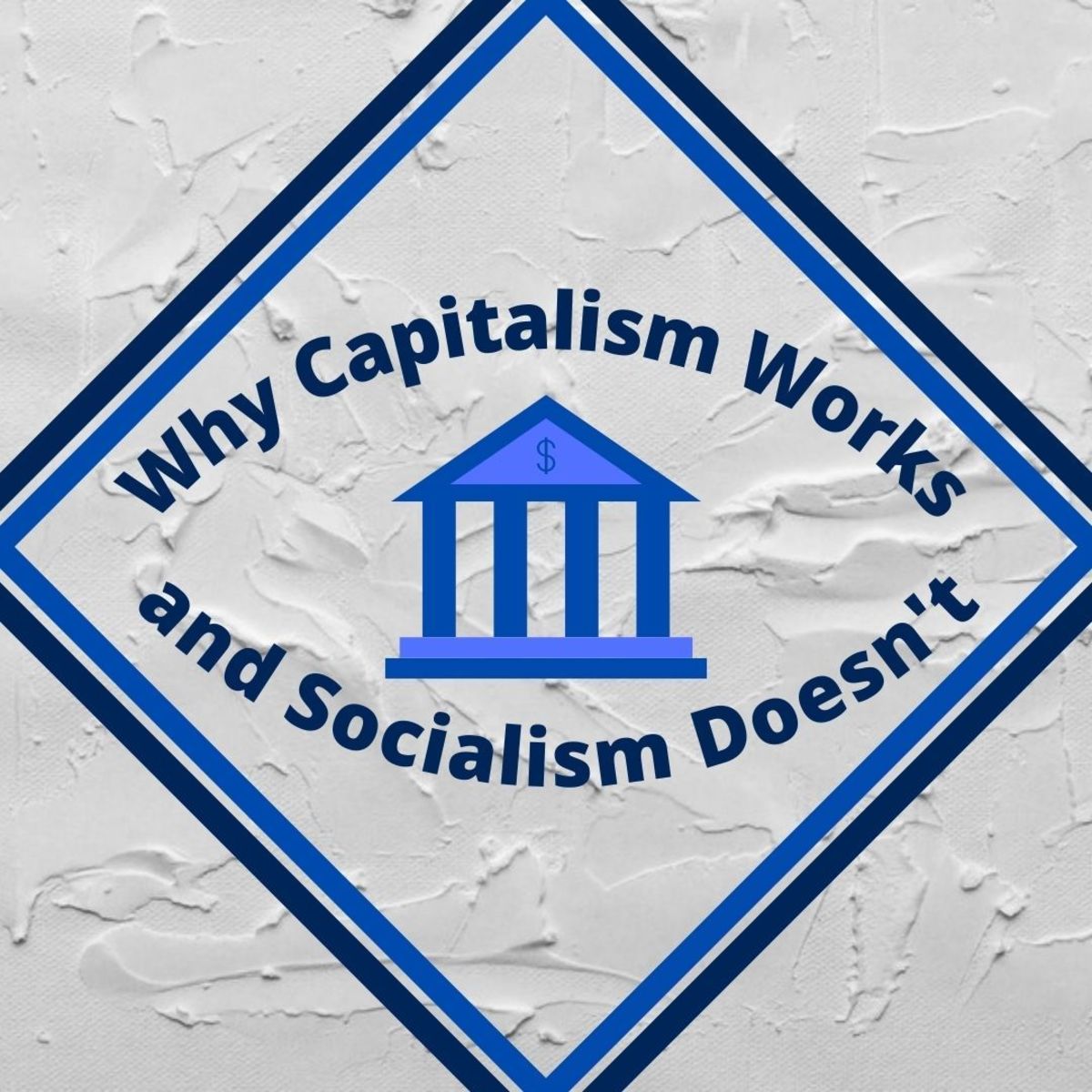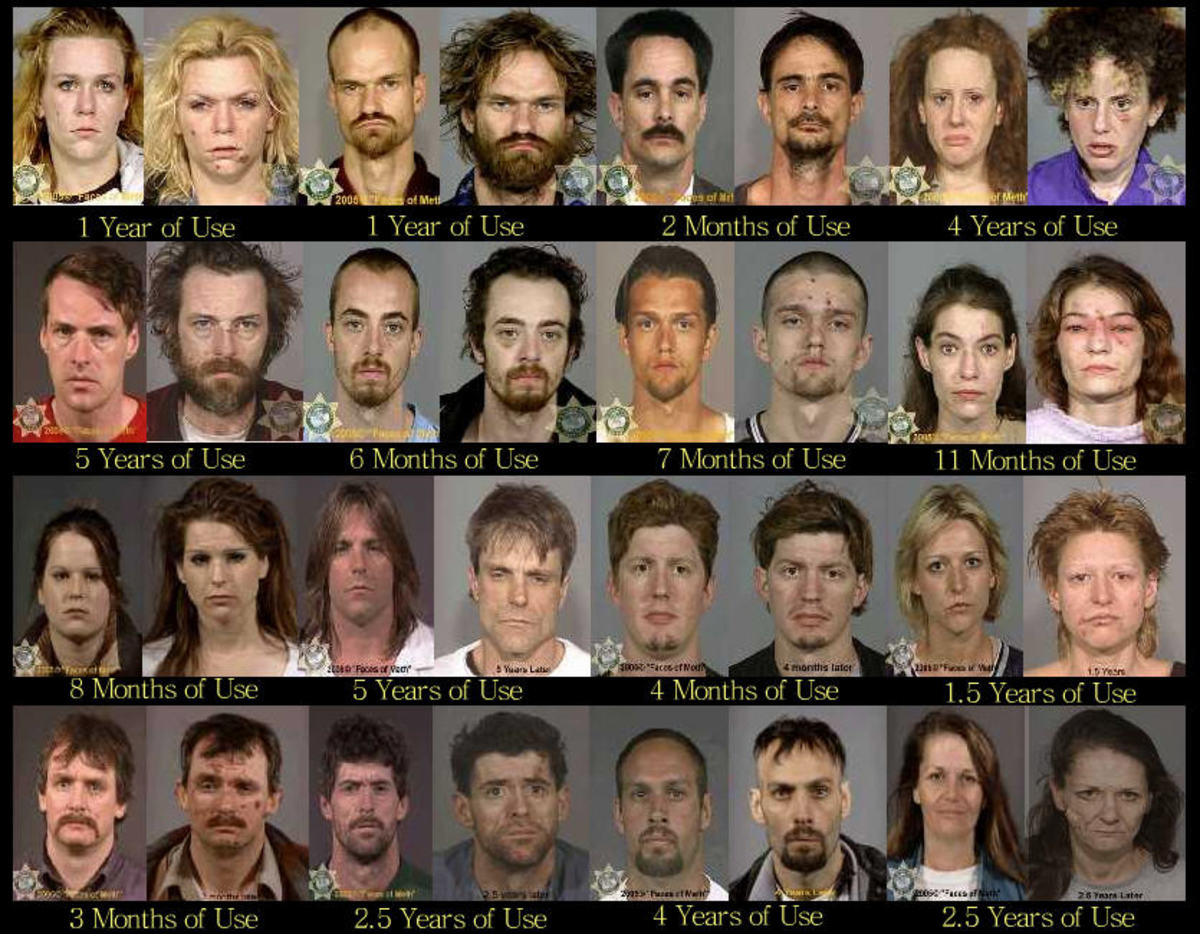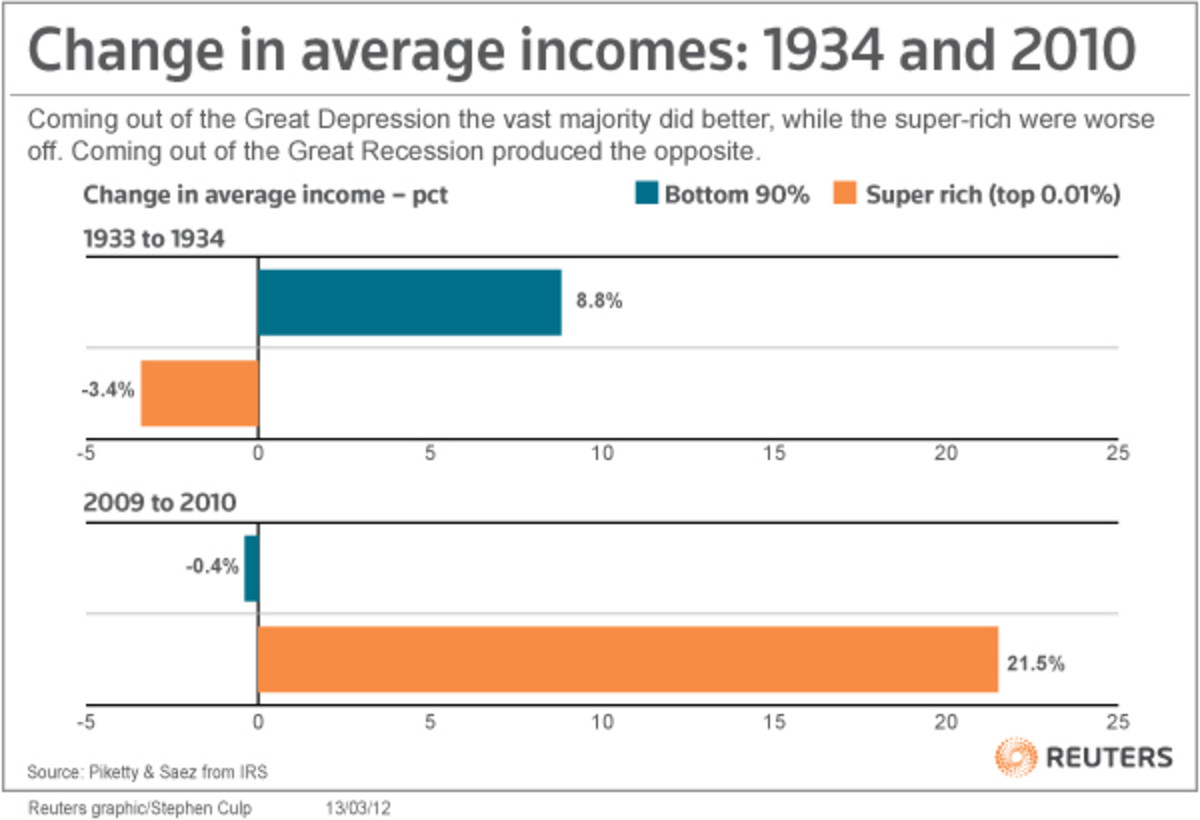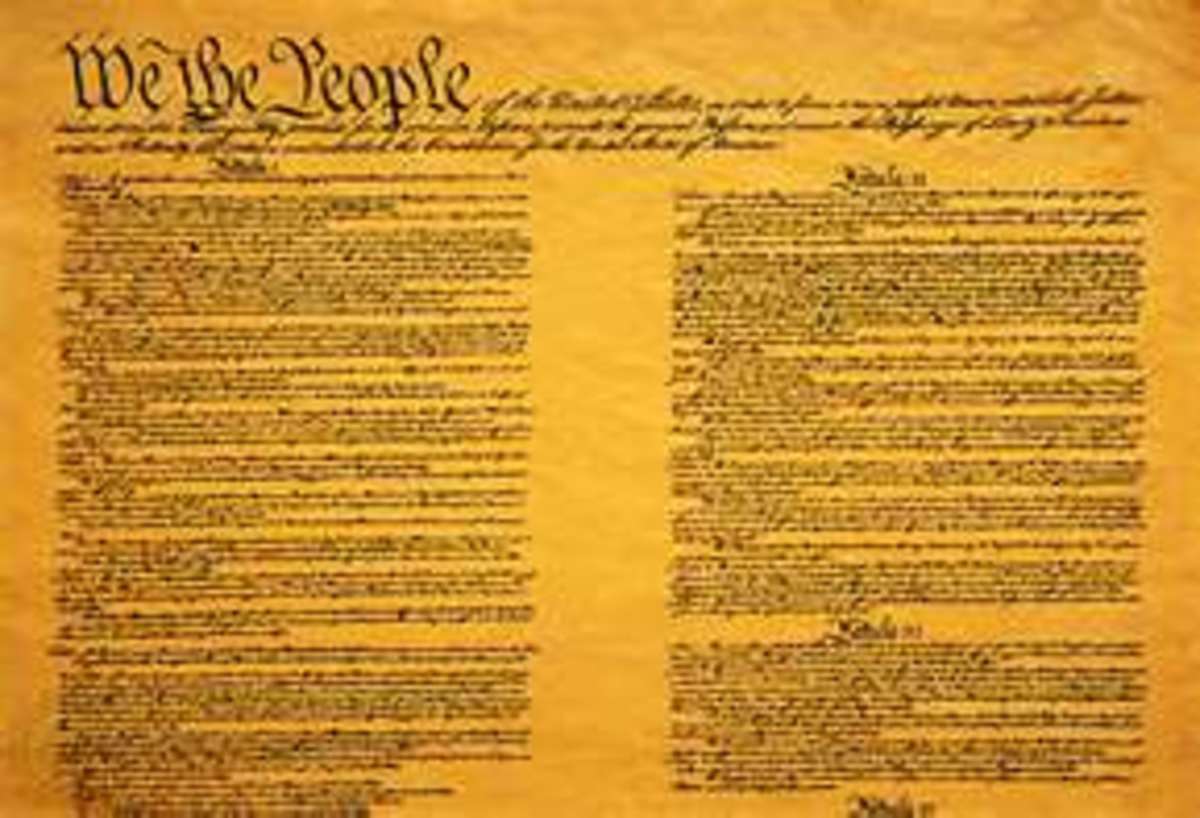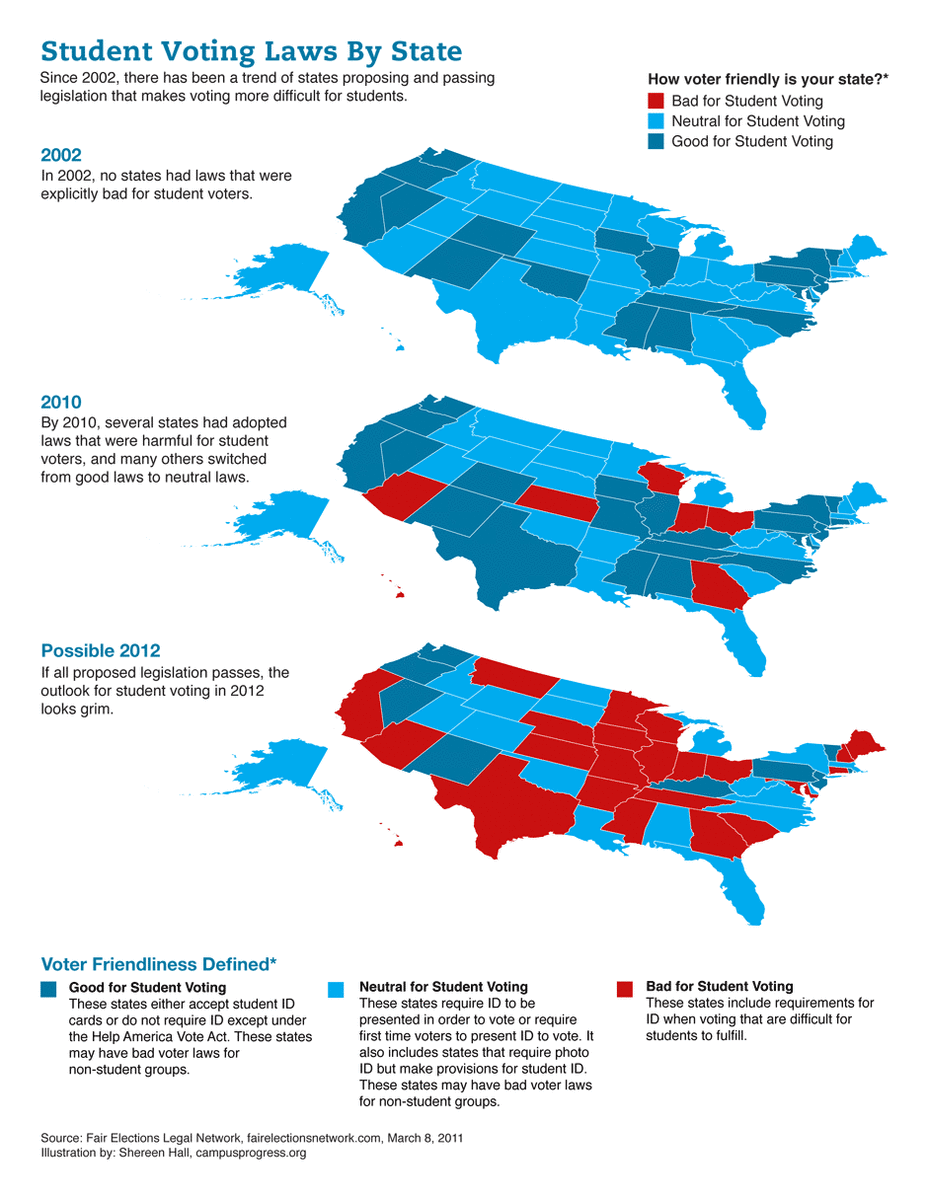Decriminalization Now 2: High on Rights
A Living
In the case of legalizing all drugs, few people understand the true meaning of such a decree. While some would say that the legalized manufacturing, distribution, sale and consumption of mind and body altering substances should grow the economy or build tax revenue, the real issue here is rights. To deprive someone of the ability to introduce one’s mind and body to alien substances flies in the face of reason. In a fully free society, the reverence for rights would permit people to produce and consume whatever they wished, as long as they do not violate the rights of anyone else. Incidents like what happened in The Bronx, New York would never have to be a problem. Over 50 single kilogram bricks of cocaine never reached their intended destination as law enforcement officials seized the haul. Events like this would be completely legitimate. Perhaps the inner city kid without a job would be able to earn a living legally. He could apply himself to the drug trade without the threat of the force of the law raining down on his head. From the ground up, the drug trade would be open to anyone and everyone willing to put in the work to change their bleak outlook on life to undying light. And just consider the drastic change in the music of the genre of hip hop. Would rappers still crow about sending “birds down south” (or shipping packs of drugs, especially cocaine) and declaring themselves “Mr. 17.5” (a reference to the amount paid for a “ki” of cocaine going for $17,500) or how much kush (high strain of marijuana) that they put into the air? No. Aside from this minor alteration of the culture, the number of murders that would have been committed in the name of given drug would plummet.
The Pitfalls of the Drug Trade
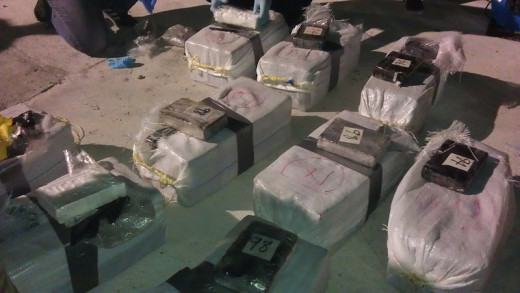
The Legalization Possibility
Should drugs be legalized?
Purely
With the recognition of property rights, the illicit drug trade wouldn’t be so illicit. Because the laws state currently that those who prepare and deliver the narcotics on the streets must be punished for their “immorality,” few fight for legalization. The moral battle is what separates the will of the people from considering the opposite of what is on the books today. People feel that drug lords push a product that disrupts family unity and an addict remains a menace to himself and anyone else in his way. Purely seen from a point of view of rights, in a fully free society, such activities as assault, battery, theft, and intoxication while driving would be minimal if non-existent. If it ever appears, these actions would be punishable to the fullest extent of the law. Crimes over bad drug deals would be a thing of the past. Is there really any danger of a gun battle being waged over cases of Jack Daniel’s or Budweiser? No. But in the 1920’s and 30’s, bootlegging gave way to Alphonse Gabriel “Al” Capone and Benjamin “Bugsy” Siegel and Charles “Lucky” Luciano. These gangsters perpetrated the murders, the thefts, robberies and of course (at that time) illegal sale and distribution of alcohol.
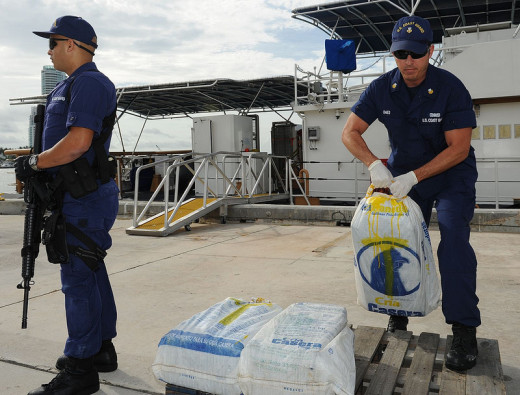
Unmistakeable
In modern times, youths revere the kingpins like Joaquín Archivaldo Guzmán Loera better known to the world as “El Chapo” and of course an assortment of hip hop artists who may have just sold a few grams but would swear that they moved major weight. The link to the gangsters of the past is present in the worship of these miscreants. With the removal of the criminal element, they lose their grandeur as rebels. Currently, that allure becomes an unmistakeable driving force to advocate for getting away with murder. And that’s what the current drug trade truly is about. The homicides of innocent bystanders caught in a drug battle is what concerns most people. But it is evident that with the decriminalization of drugs, these acts of the initiation of brute force would be nearly nil. And the recovery business would be privatized completely and offer addicts the possibility to get high on life rather than on substances. Rehabilitation centers would pop up all over the land offering a radical alternative to the destructive lifestyle of a user. Of course there would be age limits like the laws regarding alcohol. Rights respecting individuals would recognize that the actions of a coke head high on the party powder or a heroin addict strung out after riding the horse of age on his or her own private property would pose no threat to anyone but themselves. And yes, they would be committing an immoral act but that is none of the business of anyone (including the agents of the government, police and law courts) until they violate the rights of others. As members of a society which stands for the right to life, liberty, property, and the pursuit of happiness, it is in the best interest of every American to see to it that all drugs go the legal route. It would not be to increase tax revenue for states. It would not even be to ensure that more people get high. The main goal of making drugs legal would be to show that an aspect of freedom would be upheld without delay.
Millions in Drug Money
